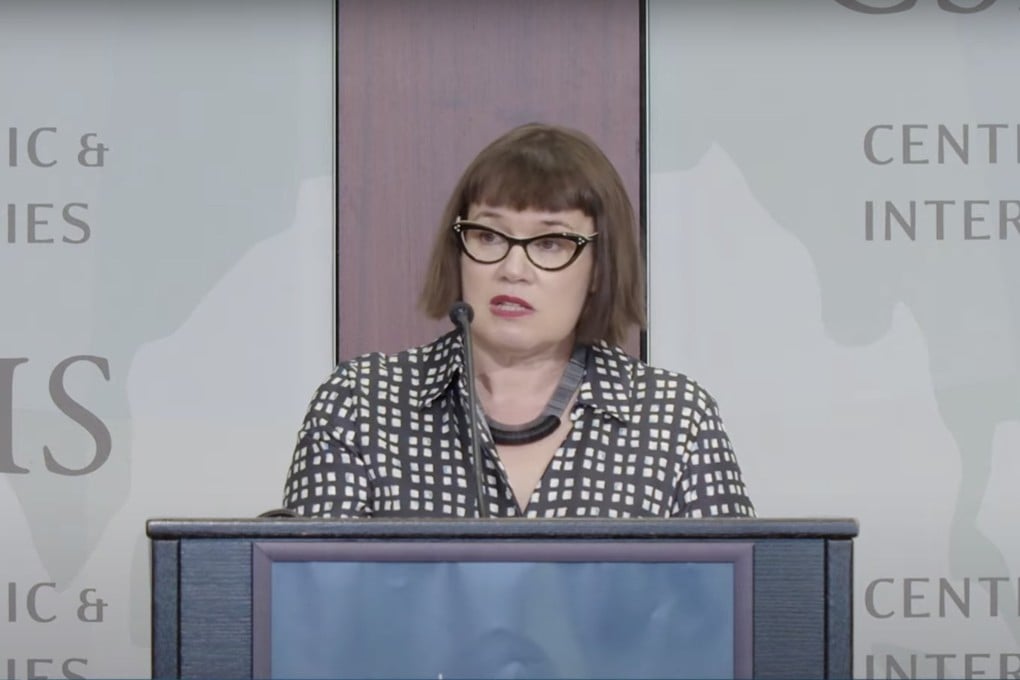Global crises pushing US and Europe into closer commercial partnership, top EU trade official says
- Dovetailing transatlantic legislation will offset China’s influence in face of unfair competition, says European Commission’s Sabine Weyand
- Ukraine war described as crisis that strengthened bond between two allies, with Beijing posing ‘bigger challenge’ over long term

Global crises from Covid-19 to the war in Ukraine have effectively pushed the United States and European Union into closer commercial partnership and could enable the two to counter China in the future, a top EU trade official said on Wednesday.
“We have a closer degree of cooperation right now than we’ve had in a very long time,” added William Alan Reinsch, a former president of the National Foreign Trade Council and moderator of the CSIS event. “The war is a crisis … but the bigger challenge long term is China.”
Other rules designed to shore up the effectiveness of climate policies include a ban on products from deforested areas and a carbon border adjustment mechanism to avoid carbon leakage – laws that by and large impact Chinese products.
